If you want to boost your company’s success, it is paramount to view business performance as a reflection of work culture. Work culture refers to the collective attitudes, behaviours, and beliefs regularly exhibited within a workplace. It is the backbone of every organisation, often why employees choose to stay—or leave.
The best work cultures foster an environment of inclusivity, equity, and open communication, all of which contribute to employee satisfaction and happiness. Without these factors, employees are likely to feel left out, unappreciated, and unmotivated, leading to higher turnover rates.
Granted, it can be challenging to establish a good workplace culture on your own, especially if you do not know where to start. Thankfully, it is possible to enlist the help of a culture coach. These kinds of coaches know the ins and outs of developing healthy professional relationships and practices within the workplace. They can assist in establishing your desired work culture by instilling you and your employees with the skills and values necessary to achieve it.
To learn more, below are five things a culture coach can do for your organisation:
Promote Inclusivity
Staying relevant in an increasingly competitive global market, top companies welcome professionals from different backgrounds and cultures. After all, studies show that organisations with diverse teams are 33 per cent more profitable than their competitors.
However, it is not enough to have a diverse workforce. Knowing how to work effectively with different individuals is crucial. Factors like age, race, religion, and gender influence the way people think and interact with one another. Cultural differences or clashing beliefs can also result in hostility between employees.
It is why hiring a culture coach is particularly important, as they can help leaders and team members create a more inclusive workplace that celebrates diversity. They do this by teaching their coachees to view different perspectives with empathy and objectivity, which promotes a culture of understanding and acceptance. It ensures that all employees feel safe and comfortable in their workplace, regardless of their identities.
Improve Motivation
More inclusive company culture creates a domino effect as it affects employee motivation directly. Employees are happier with their jobs when they feel understood and accepted. It motivates them to work harder and persevere through any challenges.
Additionally, a good company culture motivates employees by giving them a common goal. Hence, culture coaches aim to help leaders be more effective in communication of their company vision, values, processes, and goals. Coaches also teach them how to ask for feedback or questions from their team members. Doing so helps employees feel valued members of the company, encouraging them to be more invested in their work.
Foster Better Synergy
By teaching employees how to understand differing perspectives and experiences, culture coaches can help them establish better synergy, which increases overall productivity. As mentioned in a previous section, a lack of empathy and acceptance can lead to a hostile work environment, which is not conducive to cooperation. Coaches can help team members leverage their unique strengths and bring out the best in one another. It encourages them to view their differences as an advantage rather than a point of contention.
Promoting a communicative work culture can also improve synergy. It is why coaches emphasise the importance of good communication skills. Miscommunication can cause employees to feel frustrated with their leaders and the organisation as a whole. By teaching leaders how to communicate effectively, coaches can help them prevent misunderstandings that may cause setbacks or tensions within their team. Clear communication ensures a company processes run efficiently and promotes good rapport between leaders and employees.
Build a Culture of Empowerment
Healthy workplace culture is an empowering one for both leaders and employees. When employees feel accepted, valued, and listened to, they are empowered to deliver better results. Culture coaches help leaders hone the skills they need to effectively support their team, whether it is through inclusive leadership practices or effective communication. By doing so, they strengthen employee trust in them, which empowers leaders to take calculated yet effective risks for the betterment of their company.
Create a More Agile Work Environment
Lastly, but certainly not least, a good coach can help leaders create a more agile work environment. Companies with a flexible environment can quickly adapt to changing circumstances, which is particularly important in a rapidly developing world. With this in mind, it is relevent to note that a company can only become agile when leaders can affect the environment where individuals work together within an organisation.
This is where the inclusivity, motivation, synergy, and empowerment that a culture coach brings to a company comes into play. Instead of delegating one person to think of a solution to a problem, every team member must work together to solve it. It requires strong motivation and teamwork, and an efficient workflow only achieved with decisive leadership and clear communication.
As shown in the sections above, hiring a culture coach may be a worthwhile investment if you are looking to improve your company culture. With the help of a good coach, you can create a work environment that inspires resiliency, happiness, and productivity.
If you want to know more, call us on 1300 551 274 or send an email at team@teamfocusplus.com. We look forward to hearing from you.





